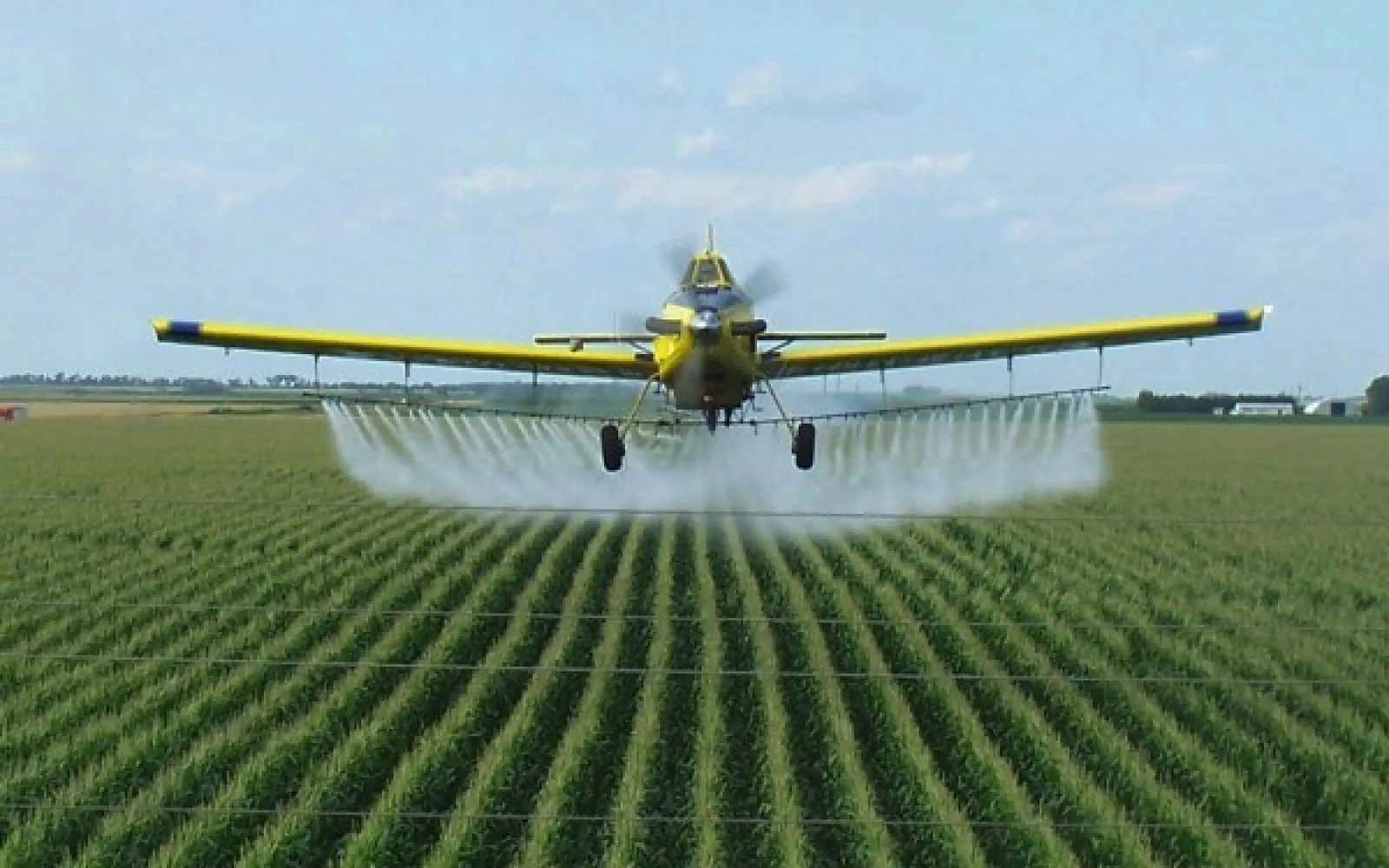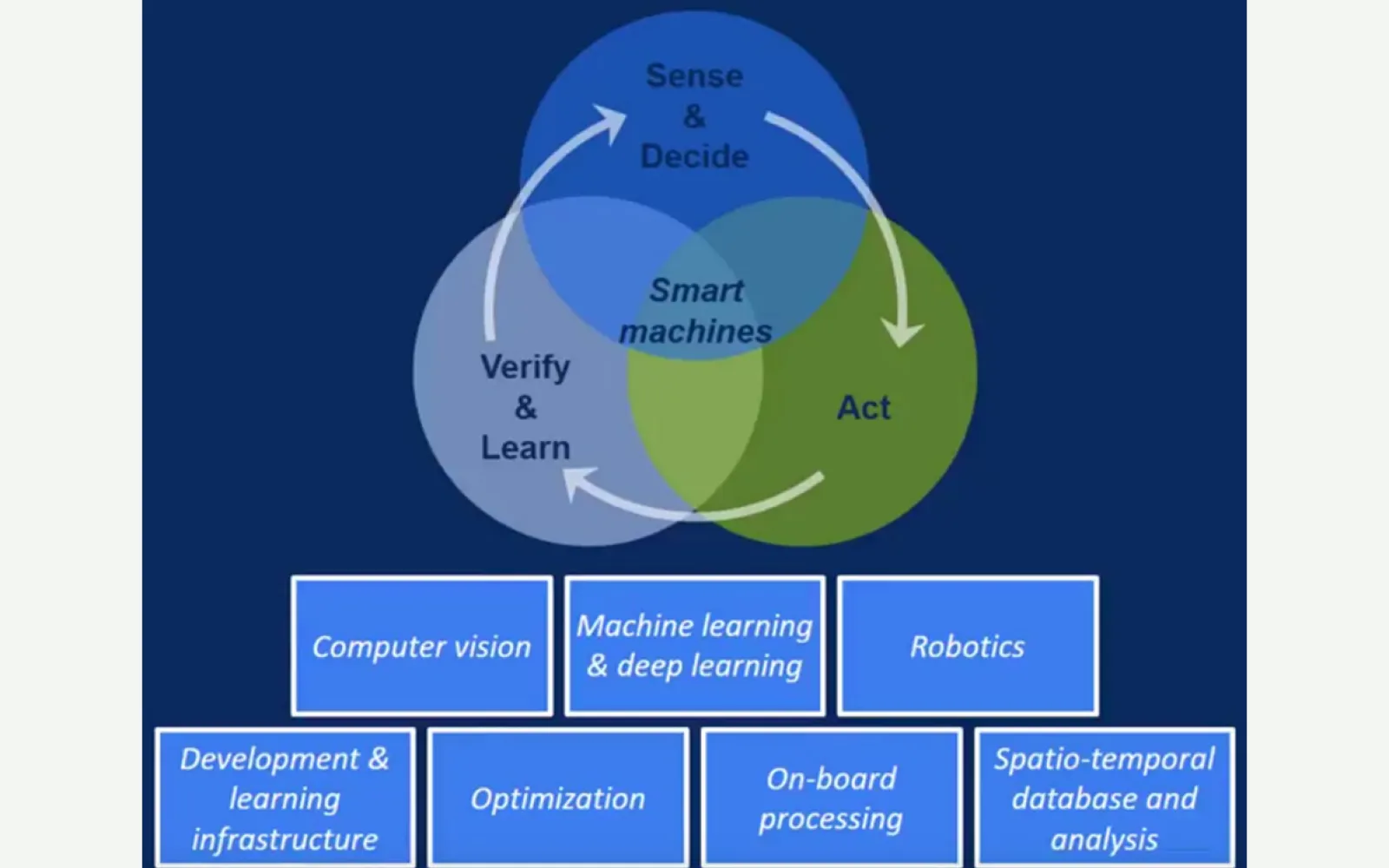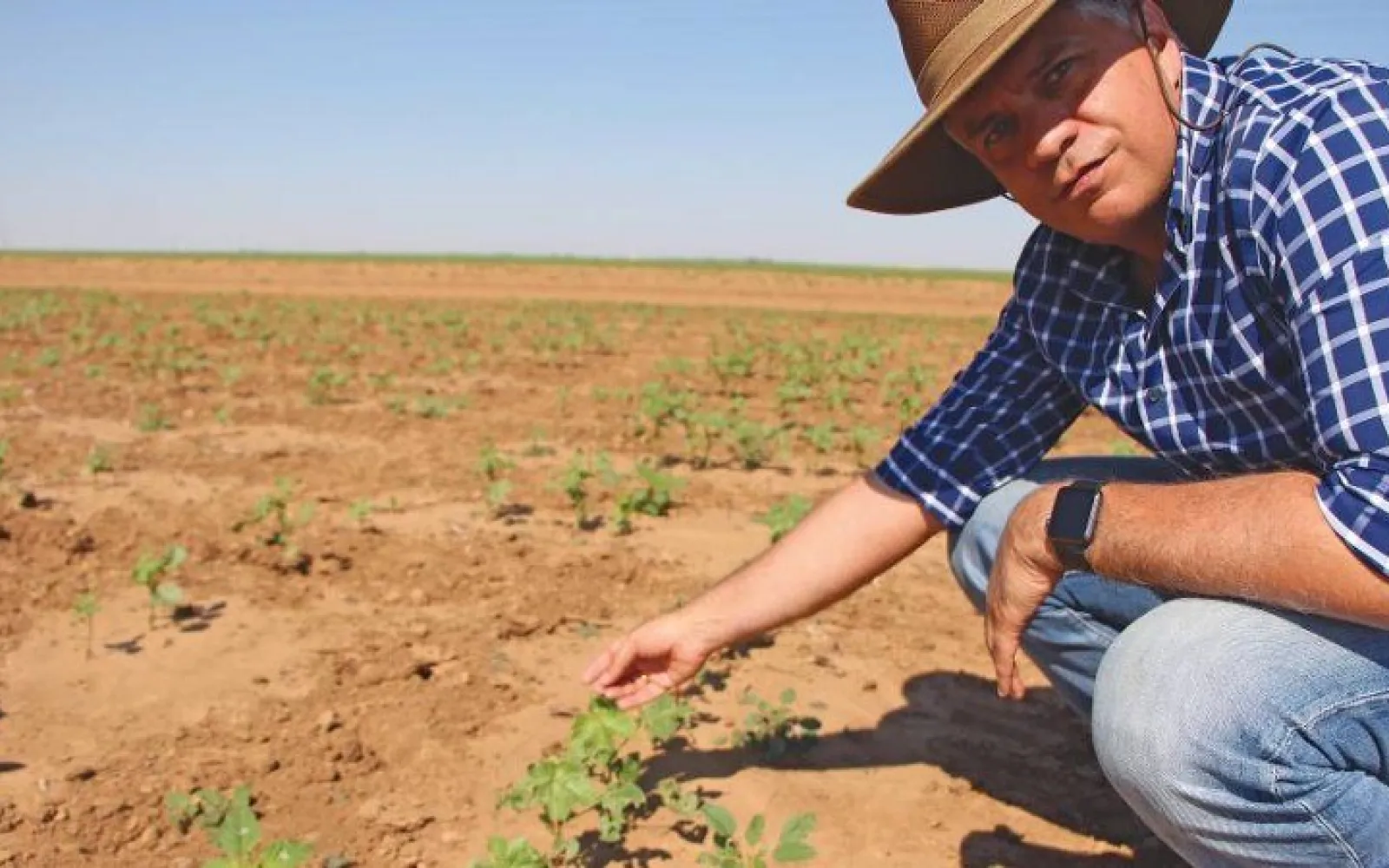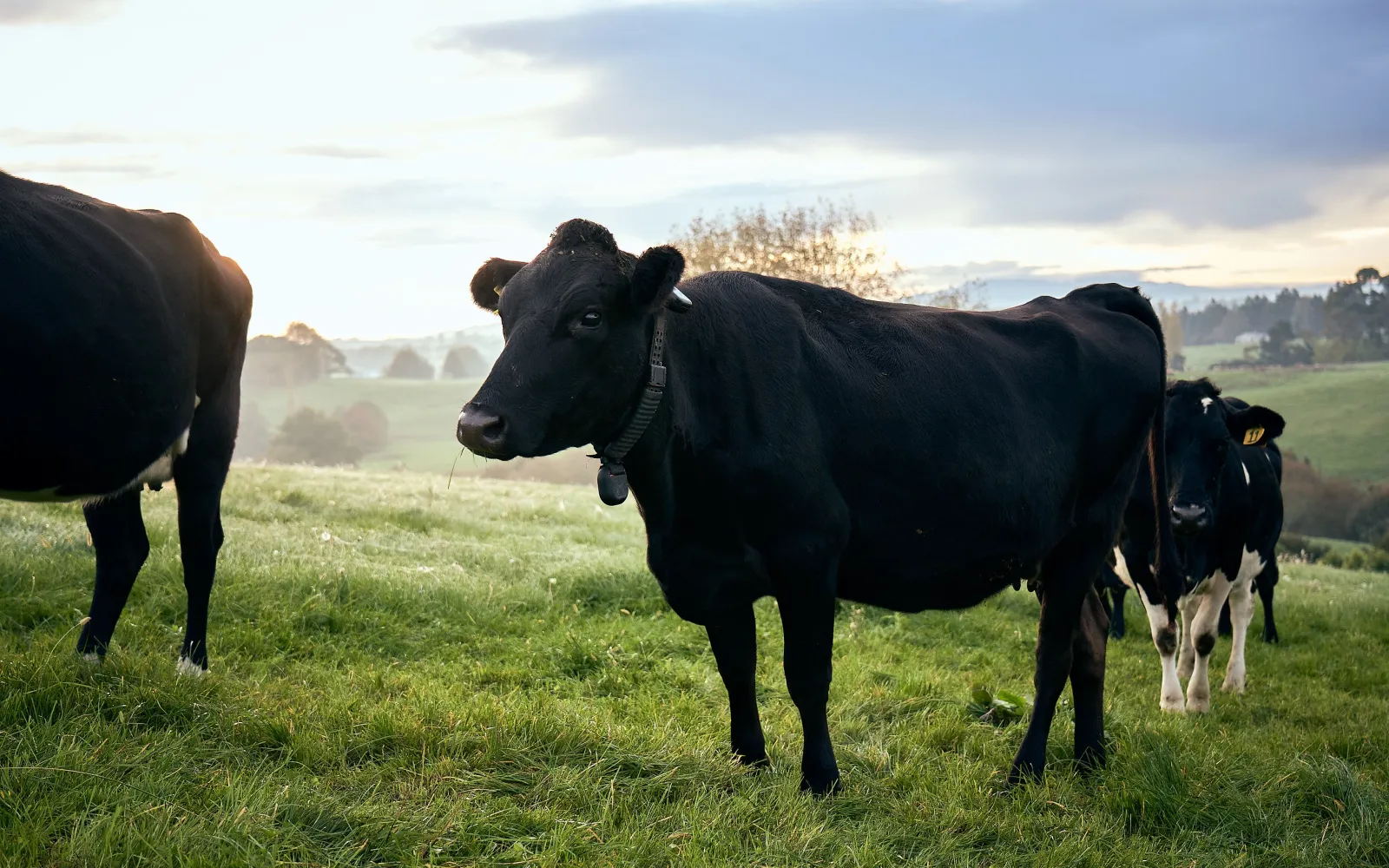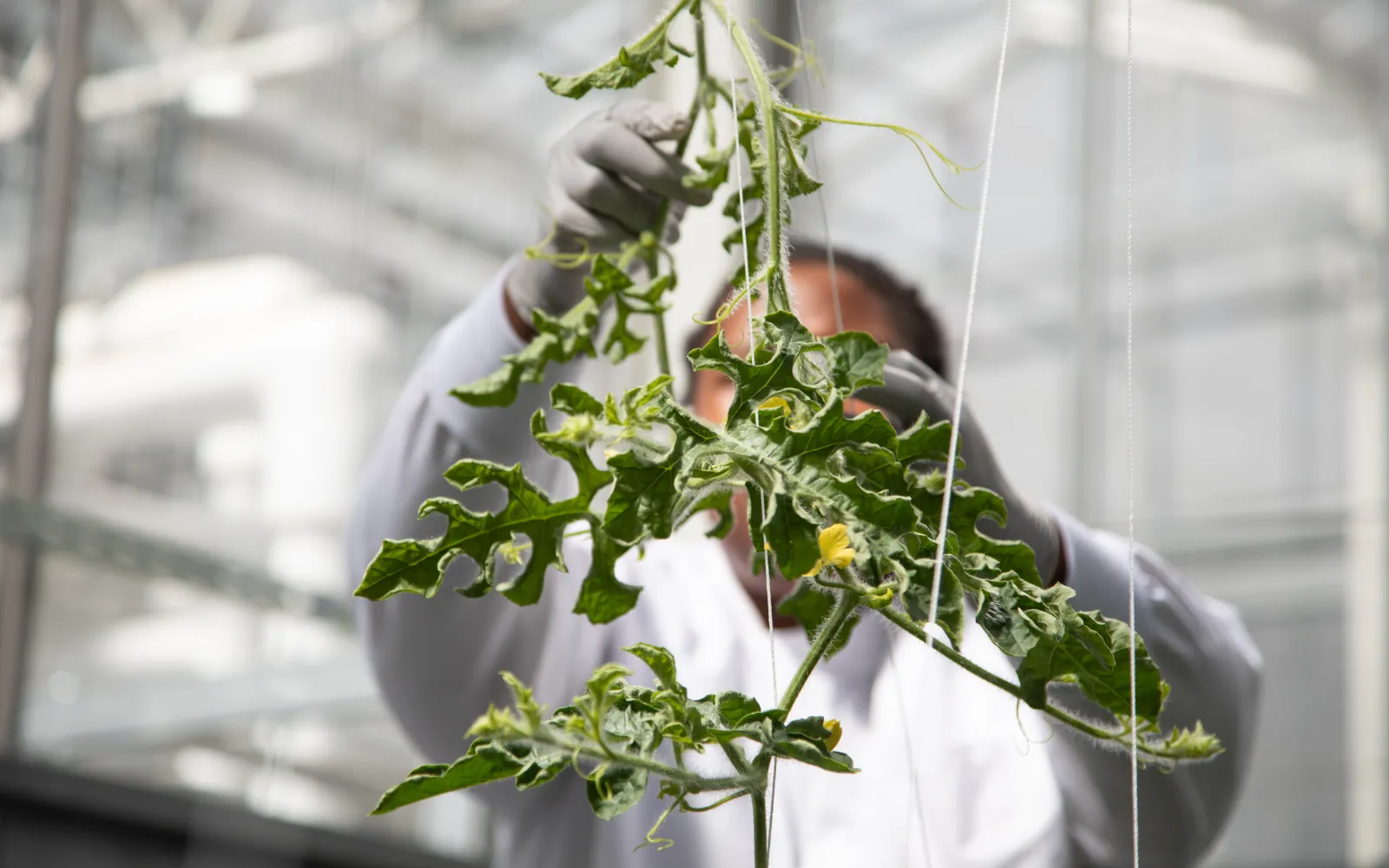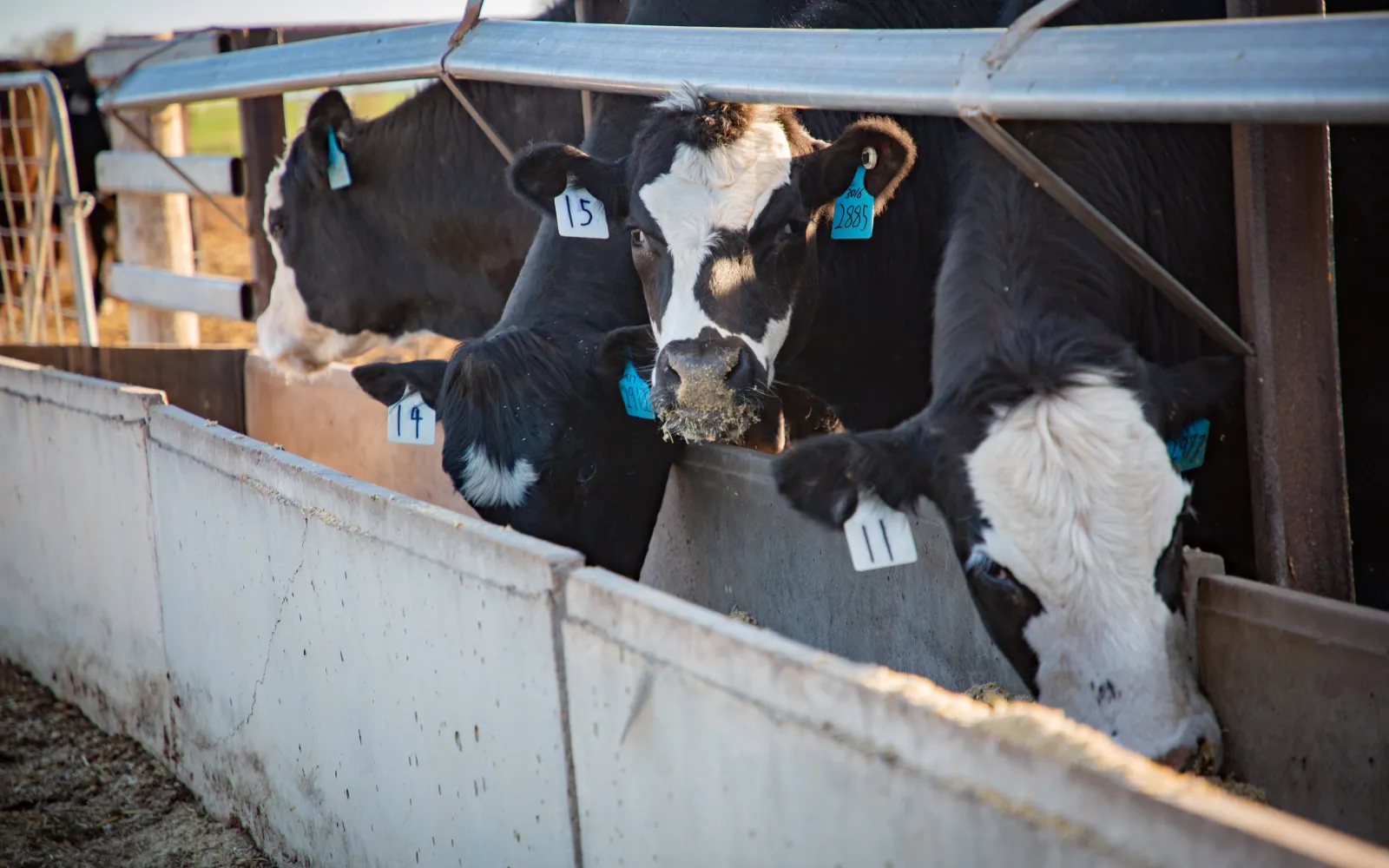

Blue River Technology
Pioneering robotics applications in agriculture
Congratulations to Blue River Technology co-founders Jorge Heraud and Lee Redden, CEO and CTO, and their deeply talented and dedicated team on their $305 million acquisition by Deere & Company (NYSE:DE), the leading manufacturer of agricultural equipment. We are incredibly proud of the progress they have made since we invested in 2013.
Blue River has created and fielded real-time autonomous agricultural robots. Their “see and spray” robotics platform uses computer vision to recognize plants, and sprays herbicide on weeds and fertilizer on crops with similar precision to inkjet printers. This precise targeting ultimately reduce chemical usage by more than 90%, resulting in cost savings to the farmer and fewer harmful chemicals in our soil. In cotton, Blue River’ robots can radically reduce the amount of herbicide needed to defeat resistant weeds while improving yields. With lettuce, Blue River’s robots determine how to best allocate resources to grow lettuce and autonomously thins the crop to maximize yield.
Blue River exemplifies the Data Collective thesis, combining:
• Algorithmic advantage (in computer vision and optimization)
• A growing massive proprietary database (of plant genomic and phenotypic information)
• An elite team with deep industry expertise (uniting agriculture, AI and robotics)
to transform the $5 trillion global industry. Food and agriculture is at the heart of each of our lives and of national survival. However, global agricultural practices are severely straining the Earth’s resources — innovation is absolutely needed to ensure we can sustainably feed ourselves and our children for generations to come. Blue River helps farmers improve their businesses — to feed more people and to be make more money while doing so — and simultaneously reduces farming’s impact on the environment.
There are 911 million acres of farmland in the US alone. For most of this acreage, farmers are forced to spray the entire field with herbicides (e.g., RoundUp) — individually weeding the fields would be prohibitively time consuming and costly. However, this method is failing. Hundreds of millions of gallons of agricultural chemicals end up in our water supply, while weeds are developing resistance to crop-friendly doses of herbicides. Farmers need a better solution. That’s where Blue River comes in, delivering true precision agriculture — “plant by plant, leaf by leaf.”
Blue River trained deep learning algorithms on hundreds of thousands of images of different weeds and of beneficial crops, teaching their robotics platform to determine what kind of plant it was “seeing” and which crop features would maximize lettuce head growth and yield.
Unlike many players in the AgTech space today, Blue River goes beyond analyzing data to enable decisions and improvement in real time. Their robots actually sense, decide, act, and learn — millisecond by millisecond. Each year, Blue River robot systems collect all the data from crops over time and close the loop, ensuring they understand the impact of each management decision and optimizing for next year’s crop.
To enable this full stack solution, Blue River employs multiple critical technologies, each reinforcing the impacts of the others:
Not only did Blue River combine the powers of AI and robotics to enable their machines to see and act, but they also developed and deployed the surrounding technology, including:
• Development and learning infrastructure: Blue River succeeded at a task that DCVC finds many technologists can underestimate. The difficulty and importance of building a robust data pipeline to enable machine learning at scale is non-trivial
• Optimization at scale: each robot makes over 5000 decisions per minute
• On-board processing: these machines must perform real-time computation at the edge, often with poor connectivity
• Spatio-temporal database operations and analysis: by tracking every single plant and weed over time, Blue River’s robots actually learn what works with superhuman power
• Spray technology: quarter-inch accuracy, unprecedented in agriculture, ultimately allows Blue River to spray the most effective herbicide only on each weed, and to fertilize leaf-by-leaf, plant-by-plant.
Combining these technologies, Blue River demonstrated that they will ultimately be able to deliver a precise cocktail of beneficial microbes, fungicides, herbicides, and fertilizers to each individual plant. Today, Blue River’s lettuce robots touch 10% of lettuce grown in the US. The Blue River cotton robotic system is on track to spray 98% of the weeds in the fields where it is deployed, while leaving at least 95% of the cotton crop untouched.
Blue River’s leadership combined their deep computational expertise with domain knowledge, working with leading agronomists, agriculture executives, and farm operations experts. Jorge, the CEO, was previously an executive at Trimble Navigation, bringing with him a knowledge of the true needs of commercial agriculture — a skill set that is rare in Silicon Valley. We believe this diverse mix of talent is critical to building a product that customers genuinely want and use.
In our work with Monsanto from top to bottom over close to a decade, it’s been demonstrated over and over again that Monsanto is not a herbicide company — they are a “feed more people” company. To that end, they are always on the look-out for the best technology for the best crop yield at the least economic and environmental impact for the farmer.
It’s a measure of their intellectual honesty in this regard, and their commitment, that the brilliant team leading Monsanto Growth Ventures, Dr. John Hamer, PhD and Dr. Kiersten Stead, PhD were “all in” on helping us grow Blue River.
They brought deep understanding of ag and real farmer needs that helped them previously lead for Monsanto the acquisition — and subsequent huge growth — of Climate Corp, which helped Blue River deliver the right value proposition at the right cost to the right farmers. John and Kiersten also brought, from themselves, and from an incredibly broad network of relationships, the deep understanding of plant genetics and molecular biology that informed and help make Blue River’s plant-by-plant AI systems successful.
We are grateful for John and Kiersten’s help, especially Kiersten, who truly played a leadership role in driving this outcome for Blue River.
Blue River is a quintessentially Silicon Valley success story in that it was founded and nurtured by an immigrant innovator, like over 50% of the successful exits in Silicon Valley over the last several decades. Jorge, Blue River’s CEO and co-founder, and a proud US citizen, grew up farming with his family in Peru, and came to the US, where he earned a Master’s degree in Electrical Engineering from Stanford University, ran a division at Trimble, and then returned to Stanford to earn an MBA, where the idea for Blue River was born. DCVC could not be prouder to back yet another successful journey like Jorge’s, bringing benefit to the world at large, and we look forward to seeing what he and Lee, his co-founder, conceive of next on the foundation of their success.
The journey of Blue River itself is just beginning. We applaud Deere & Company in their vision and understanding of the role that Artificial Intelligence will play in agriculture, and we congratulate them on their investment (Deere & Co press release here). We look forward to seeing Blue River’s autonomous weeding and thinning technologies deployed in the millions of acres serviced by John Deere machines.
